Drive consumer centricity, solve wicked problems and transform your business with our human-centered design thinking consulting services.
SCHEDULE A CALL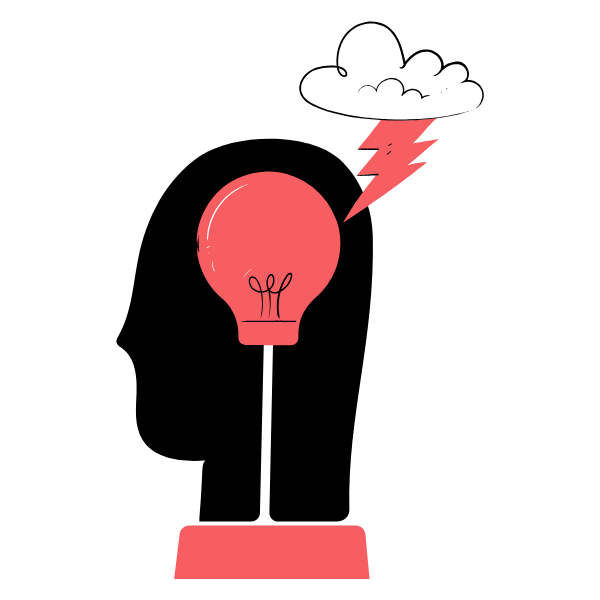
Business Outcome led Transformation

Contextual Time bound Consulting Approach

10000+ people trained and coached by hands-on consultants
Design thinking is a human-centered approach to problem-solving that prioritizes empathy, creativity, and iterative prototyping. Its importance in product development and business lies in its ability to generate innovative solutions that truly meet the needs of users while also aligning with business objectives.
Design thinking consulting services focus on customer centricity, innovation, iterative approach and cross-functional collaboration making it crucial for product development and businesses. Overall, design thinking consulting is not just a methodology but a mindset that can drive innovation, foster customer loyalty, and ultimately, drive business success in an ever-evolving market.
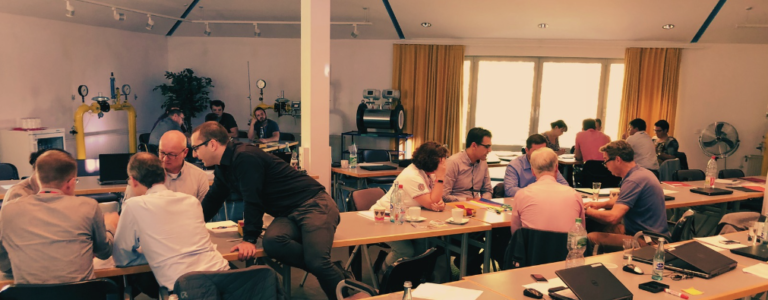
Your trusted partner in Design Thinking Consulting for a future-ready world.
Design thinking typically follows a structured framework that involves several phases, each with its own objectives, activities, and outcomes. These phases are often iterative and non-linear, allowing teams to explore, iterate, and refine ideas as they progress through the process. The phases commonly associated with design thinking include:

involves understanding the needs, desires, and challenges of the users or stakeholders.
Read more
It requires deep empathy and active listening to uncover insights about the user experience.
Less
The team synthesizes the information gathered during the empathize phase to define the
Read more
core problem or opportunity they are addressing.
Less

During the ideation phase, teams generate a wide range of creative ideas to address
Read more
the defined problem or opportunity.
Less
In this phase, teams create mock-ups of their ideas to quickly test them
Read more
with users.
Less
The testing phase involves gathering feedback from users by presenting them with
Read more
prototypes and observing their feedback to evaluate the effectiveness of their designs, identify areas for improvement, and refine their solutions.
Less

Once a solution has been tested and refined, it can be implemented or launched
Read more
into the real world.
Less
Connect with our Design thinking consulting team today
Design thinking offers numerous benefits across various domains, including business, product development, education, and social innovation. Design thinking encourages human centric solutions that puts people at the center of the problem-solving process, emphasizing empathy and understanding of user needs.
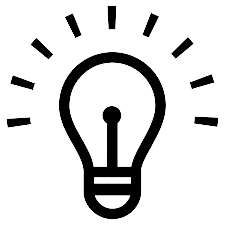
By encouraging a mindset of exploration, experimentation, and iteration, design thinking fosters a culture of
Read more
innovation and out-of-the-box thinking while also equipping teams with the mindset and tools to adapt to change and uncertainty.
Less

Design thinking is an iterative process that allows teams to quickly identify and address issues, leading
Read more
to more effective and efficient solutions. By testing ideas early and often with users, design thinking also helps mitigate the risk of developing products or services that fail to meet user needs or market demands.
Less

Design Thinking promotes collaboration across different disciplines, including design, engineering,
Read more
business, and psychology, thereby leading towards more holistic & innovative solutions.
Less

By designing products and services that are tailored to user needs and preferences, organizations
Read more
can enhance customer satisfaction and loyalty.
Less
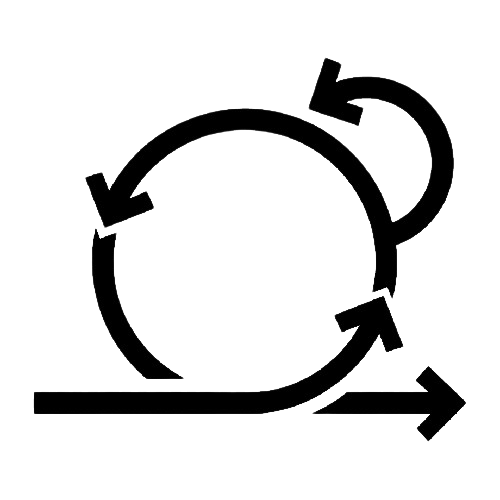
Design Thinking encourages seeking feedback, analyzing outcomes, and reflecting on the design process,
Read more
thereby empowering teams to continuously refine their solutions and continuously improve.
Less

Organizations that embrace design thinking gain a competitive advantage by delivering innovative,
Read more
user-centric solutions that stand out in the market.
Less
Choosing Benzne for design thinking services offers several distinct advantages

We offer a holistic approach to design thinking that focuses on fostering a culture of innovation within the organization,
Read more
driving long-term sustainable transformation and continuous growth.
Less
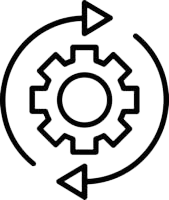
Benzne Design Thinking consulting leverage proven methodologies and frameworks in our design thinking
Read more
services, ensuring that clients benefit from established best practices and principles.
Less

Benzne Design Thinking consulting team comprises experts from diverse backgrounds
Read more
with hands-on process consulting experience. This helps us to bring a range of perspectives and skill sets to tackle complex challenges effectively.
Less

We place a strong emphasis on understanding the needs, behaviors, and motivations of end-users, ensuring
Read more
that solutions are truly user-centric.
Less

Benzne Design thinking consulting team facilitates immersive learning environment and ideation sessions
Read more
to harness the collective creativity and expertise of client teams to come up with solutions that are effective, add value and are measurable.
Less

We offer customized design thinking services tailored to the specific needs and context of each client scenario,
Read more
including their specific business problems, team structure, organizational culture, low hanging fruits and overall strategy.
Less
Discover the power of Design Thinking - create a sustainable innovation led organizational culture with Benzne.
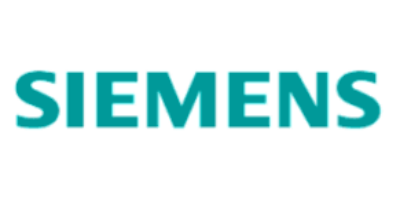

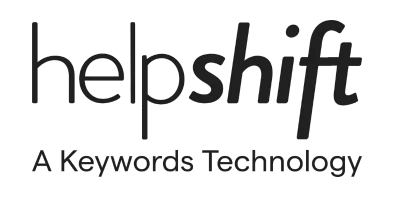
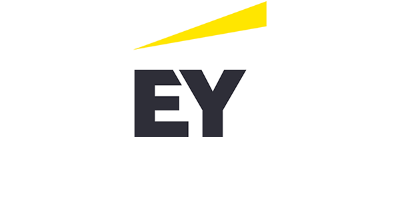

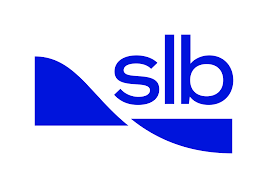

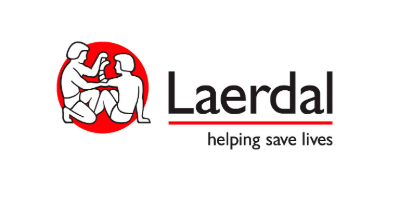
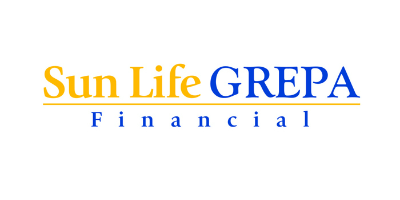
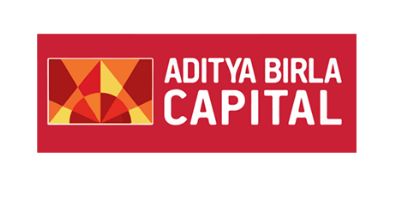


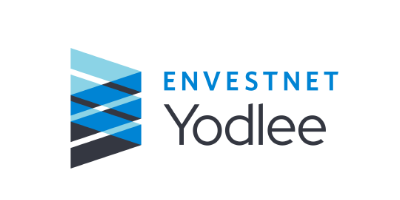

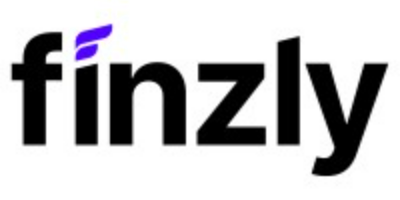
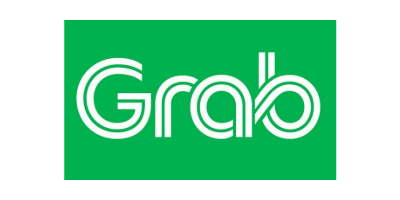
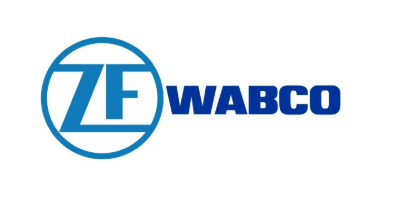
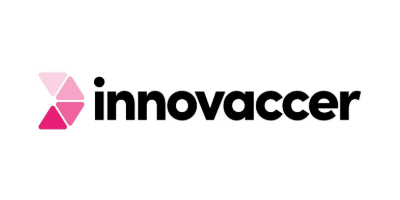




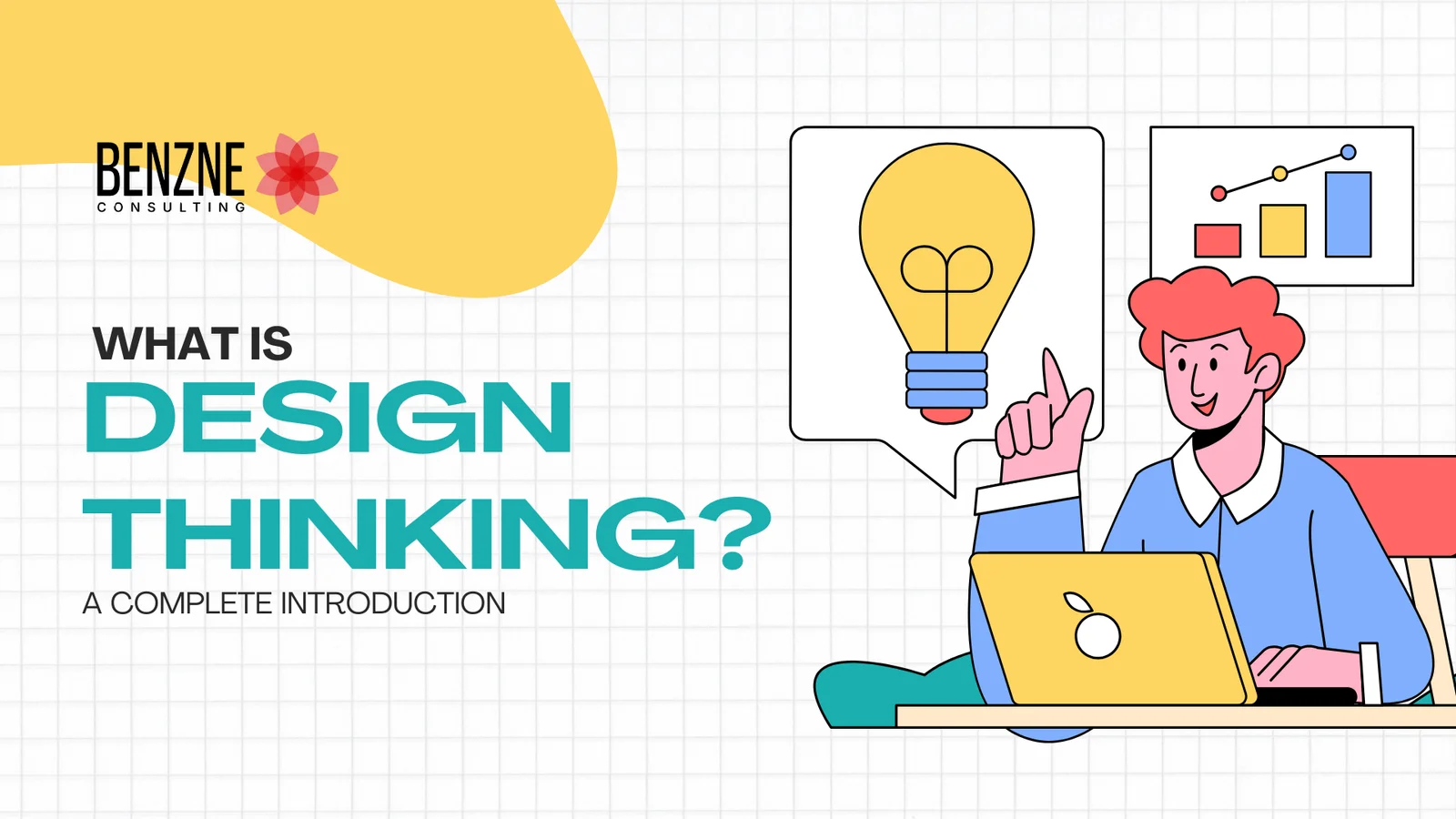
Today, we are living in a BANI world—Brittle, Anxious, Nonlinear, and Incomprehensible. The BANI model describes a new world...
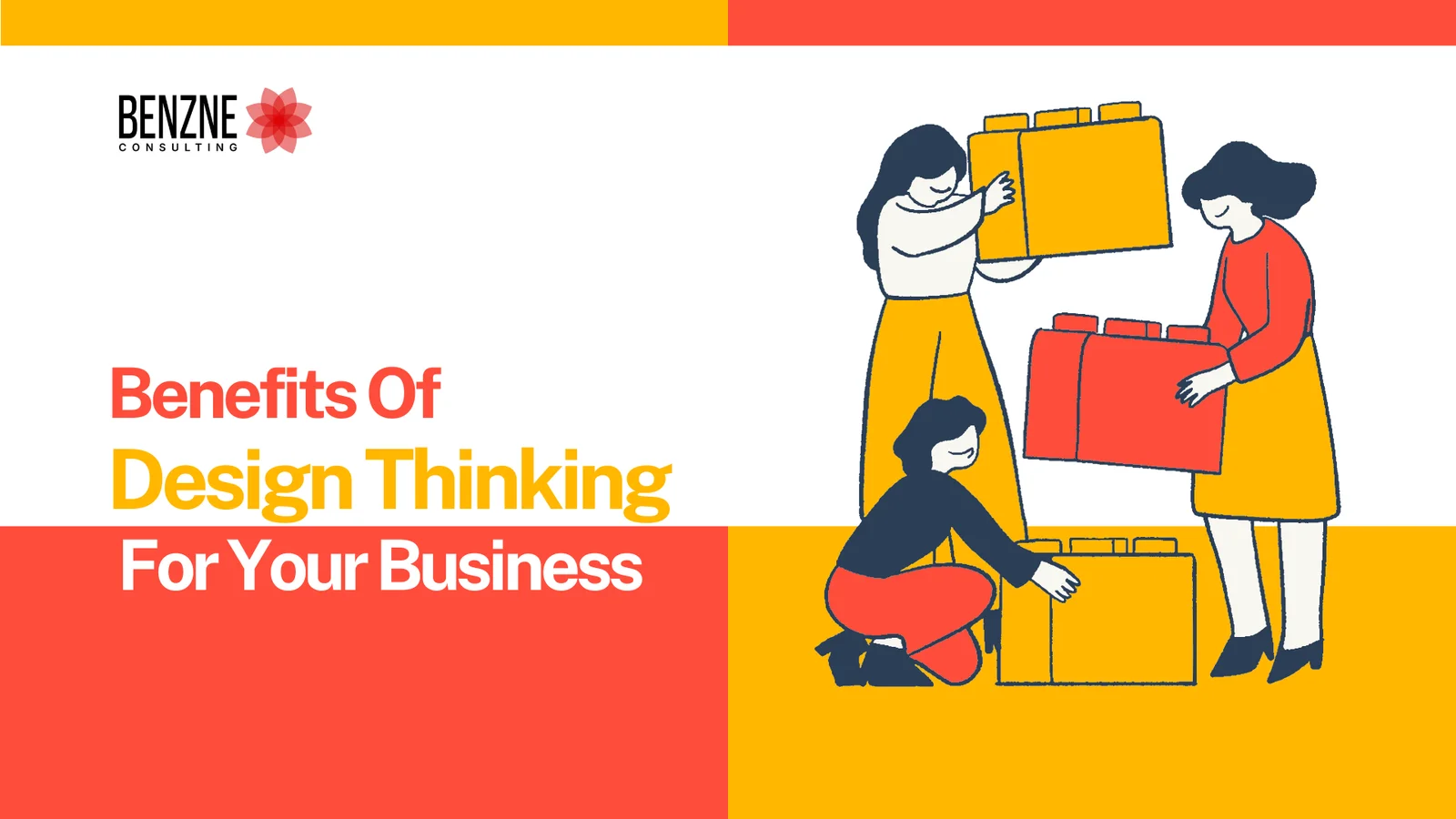
To stay relevant and have a competitive edge in today’s fast-paced and frequently changing world, innovation and customer centricity is a must...
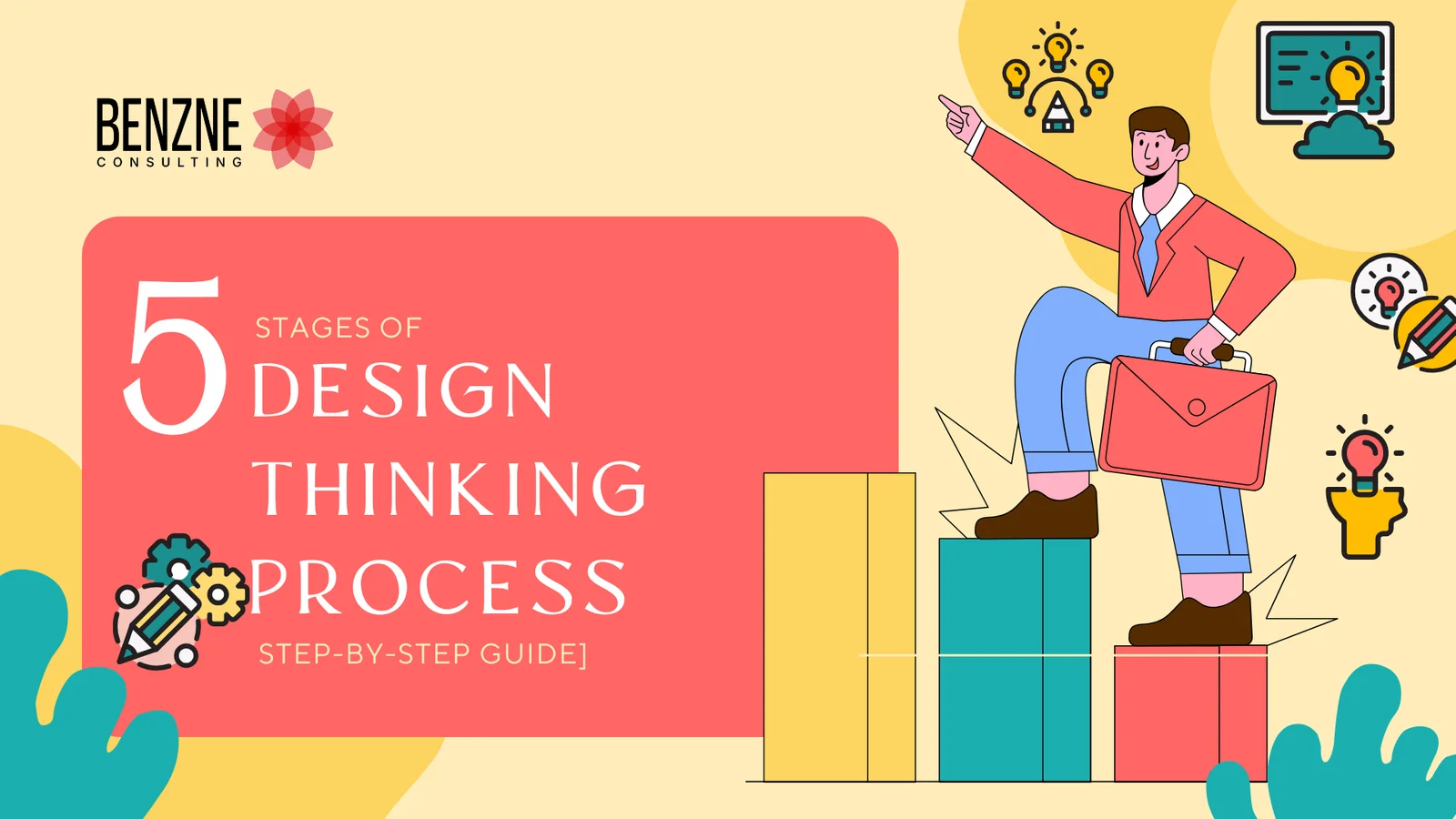
User/customer centricity has become a vital part of software development in recent years. Any product built has to solve the user’s problems.
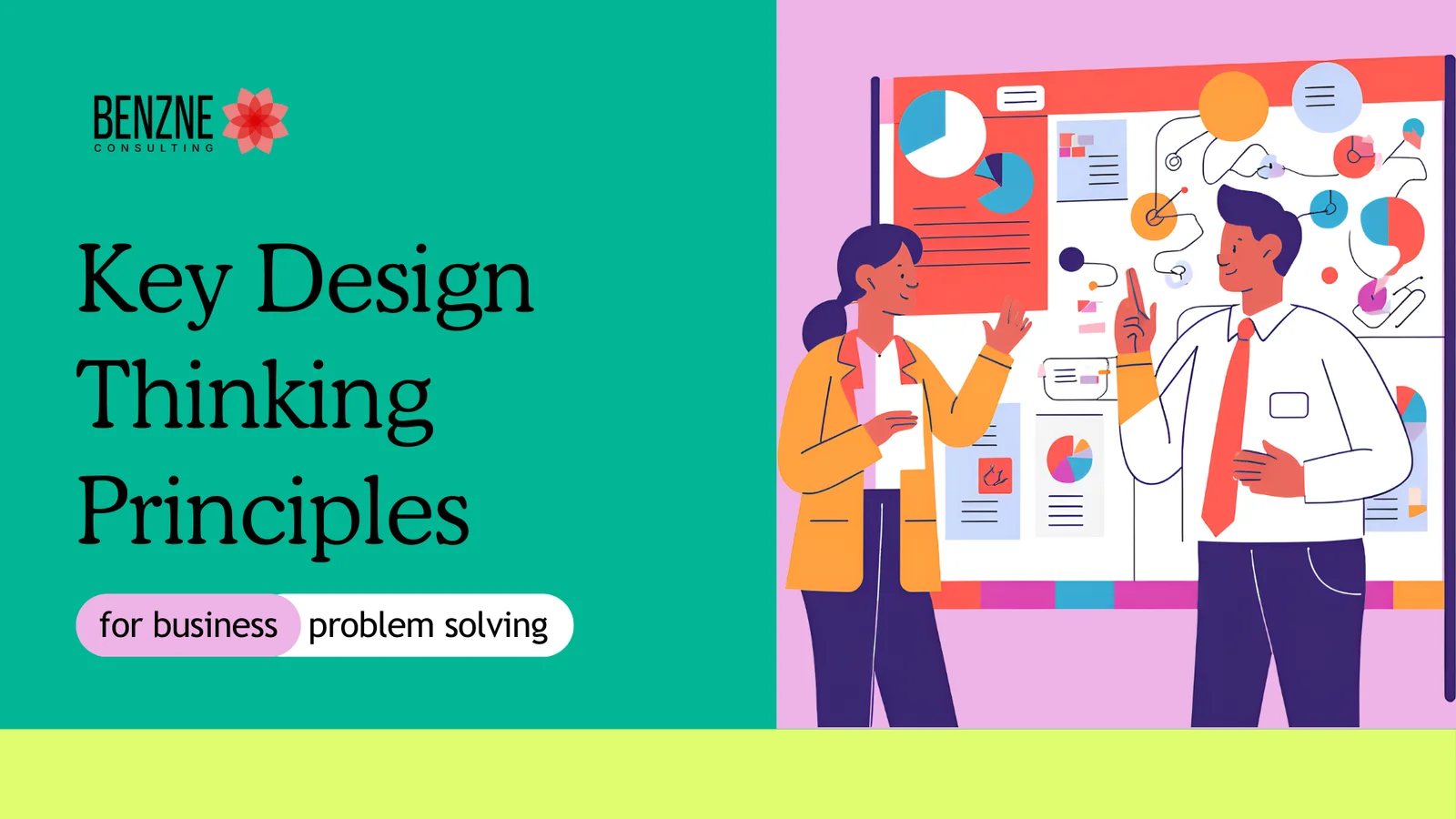
In today’s VUCA world where innovation is the key to drive success, traditional/conventional ways of problem solving may not be..
Design thinking is a problem-solving methodology that prioritizes understanding the needs of users or customers, generating creative solutions, and rapidly prototyping and iterating on ideas to arrive at effective solutions. It’s characterized by empathy, collaboration, experimentation, and a focus on human-centered design.
Design thinking is crucial for businesses as it encourages customer-centric innovation, cross-functional collaboration, adaptability, enhanced user experience, creative problem-solving, and iterative approach. Overall, design thinking enables businesses to innovate more effectively, improve customer relationships, and stay competitive in a dynamic marketplace.
Design thinking consulting can benefit your organization’s product development process in several ways by:
Integrating design thinking services into the product development process can lead to more user-centric, innovative, and successful products that drive business growth and competitiveness.
Design thinking consulting services can benefit a wide range of industries across both the private and public sectors. Some of the industries that can particularly benefit from the services of a design thinking consulting firm includes:
Ultimately, any industry that involves designing products, services, or experiences for people can benefit from design thinking consulting services. The human-centered approach of design thinking can lead to more innovative, user-centric solutions that drive business success and create a positive impact. There are various use cases around applications of Design thinking for software development, Design thinking in technology, design thinking in business analysis, design thinking in management or design thinking in business innovation and multiple such related fields.
Benzne, as one of the top design thinking consulting firms typically approach the design thinking process as below –
Throughout the design thinking process, the team maintains a user-centric approach, prioritizing empathy, collaboration, creativity, and iteration. They work closely with stakeholders and end-users to ensure that the design thinking solution is both feasible and desirable.
As one of the best design thinking companies, Benzne’s design thinking consulting services stand out in the industry for several key reasons:
Overall, Benzne enables organizations to achieve excellence through design thinking and business innovation, which sets us apart from others in the industry.
We tailor our design thinking services to meet the unique needs of each client by involving several key steps:
By following these steps, design thinking solutions can be tailored to meet the unique needs of each client, ensuring that they receive design-driven innovations that are relevant, impactful, and aligned with their strategic objectives.
The Double Diamond design process is a framework commonly used in design thinking solution that helps guide teams through a structured approach to problem-solving and innovation. Developed by the UK Design Council in 2005, it consists of four phases grouped into two diamonds, representing cycles of divergent and convergent thinking. Here’s an in-depth look at each phase:
1. Discover (Divergent Thinking)
The Discover phase involves exploring the problem space to gain a comprehensive understanding of the context and uncover insights about the users and their needs.
2. Define (Convergent Thinking)
In the Define phase, the insights gathered during the Discover phase are analyzed and synthesized to clearly articulate the problem.
3. Develop (Divergent Thinking)
The Develop phase focuses on generating a wide range of potential solutions to the defined problem. This involves ideation and prototyping to explore different approaches.
4. Deliver (Convergent Thinking)
In the Deliver phase, the most promising solutions from the Develop phase are refined, tested, and finalized. This phase involves implementing the solutions to ensure they effectively address the problem.
In design thinking, the Double Diamond framework is used to ensure that solutions are deeply rooted in user insights and effectively address real problems. It supports a creative and systematic approach to design thinking driven innovation, helping teams move from understanding a problem to developing and delivering effective solutions.
By following the Double Diamond process, organizations can ensure a thorough exploration of the problem space and rigorous development of solutions, ultimately leading to more innovative and user-centered outcomes.
Divergent and convergent thinking are two critical phases in the design thinking process. These modes of thinking help teams explore a wide range of possibilities and then narrow them down to the best solutions. Here’s a detailed explanation of each:
Divergent thinking is a creative process used to generate a broad set of ideas and solutions. It involves expanding one’s thinking to explore many possible approaches and perspectives. Characteristics of Divergent Thinking: Exploratory, Creative, Inclusive, and Quantity Over Quality.
Techniques for Divergent Thinking: Brainstorming, Mind Mapping, Sketching, and SCAMPER (A method to stimulate ideas by asking questions related to Substitute, Combine, Adapt, Modify, Put to another use, Eliminate, and Reverse.)
Convergent thinking is a process of narrowing down the broad set of ideas generated during the divergent phase to identify the most viable solutions. It involves critical analysis and decision-making to select the best options.
Characteristics of Convergent Thinking: Analytical, Selective, Critical, and Quality Over Quantity.
Techniques for Convergent Thinking: Evaluation Matrices, Prototyping, Testing & Feedback, and SWOT Analysis.
In design thinking transformation, divergent and convergent thinking are used iteratively throughout the process to explore and refine solutions.
1. Discovery Phase – Divergent Thinking
2. Define Phase – Convergent Thinking
3. Developing Phase – Divergent Thinking
4. Delivery Phase – Convergent Thinking
Focused Decision-Making: Convergent thinking ensures that the most viable and effective solutions are chosen.
Balanced Approach: Using both modes promotes a balance between creativity and practicality.
By systematically alternating between divergent and convergent thinking, design thinking facilitates a thorough exploration of problems and solutions, leading to innovative and user-centered outcomes.
Benzne, as a design thinking consulting firm offers a variety of workshops and training sessions to help organizations implement design thinking internally. Some of these offerings include:
Measuring the success of design thinking initiatives within organizations can be challenging due to the qualitative and iterative nature of the process. However, The below mentioned key metrics and indicators help assess the impact and effectiveness of these initiatives:
In general, clients are typically encouraged to be actively engaged throughout the design thinking in consulting process to ensure that their needs, perspectives, and goals are fully understood and addressed.
Here are some key points regarding your team’s involvement in the enterprise design thinking process:
Overall, involving your team throughout the design thinking process fosters collaboration, design driven innovation, ensures stakeholder buy-in, and increases the likelihood of delivering solutions that effectively address your needs and objectives. However, as one of the top design thinking firm, we ensure to keep the level of involvement balanced to avoid overwhelming your team while still leveraging their expertise and insights to drive the design process forward.
The duration of a typical design thinking in consulting engagement can vary widely depending on factors such as the complexity of the project, the scope of work, the number of stakeholders involved, and the specific goals and objectives of the client. However, here’s a general overview of the typical timeline for an engagement designed by a design thinking company:
Overall, a typical design thinking consulting service engagement can last anywhere from a few months to a year, depending on the complexity and scale of the project. The consulting team needs to work closely with the client throughout the process to ensure alignment with their goals and objectives and to maximize the impact of the design thinking solution approach.
Some key deliverables of a Design thinking consulting service are:
These deliverables are typically customized to suit the unique requirements of each project and may vary depending on factors such as the scope, budget, and timeline. Effective communication and collaboration between the consulting team and the client are essential to ensure that the deliverables meet the desired outcomes and provide value to all stakeholders involved.
Yes, design thinking in consulting can indeed accommodate organizations of different sizes and budgets. Here’s how human centered design thinking adapts:
Design thinking consulting firms adapt the consulting solution to suit the needs and budgets of organizations of all sizes. By focusing on flexibility, customization, and resource optimization, the best design thinking companies offer a practical and accessible approach.
Ensuring alignment between design thinking initiatives and your business goals is crucial for the success of any human centered design thinking consulting engagement. Here are some key steps to achieve this:
By following these steps and maintaining a focus on alignment with your business goals throughout the design thinking process, one of the best design thinking consulting company, like Benzne can deliver solutions that not only address immediate challenges but also contribute to the long-term success and growth of your organization.
The type of ongoing support and follow-up provided after the completion of a consulting engagement can vary depending on the consulting firm, the nature of the project, and the specific needs of the client.
Thorough Implementation Assistance, Training and Capability Building, Monitoring and Evaluation, Iterative Refinement, Advisory Services and guidance we provide ongoing support and follow-up after a design thinking transformation.
Handling confidentiality and intellectual property (IP) concerns during consulting engagements is essential to protect the interests of both the consulting firm and the client. Here are some key strategies for managing confidentiality and IP concerns by us:
By proactively addressing confidentiality and IP concerns through legal agreements, clear communication, and robust security measures, best design thinking companies build trust with their clients and protect sensitive information throughout the duration of the engagement.
To stay updated on the latest trends and best practices in design thinking, Benzne, as one of the best design thinking consulting company employs several strategies:
By employing these strategies and staying actively engaged in the design thinking community, we intend to become one of the top design thinking companies globally. We stay updated on the latest trends and best practices in design thinking, and continue to grow and steer design driven innovation.
Getting started with our design thinking consulting service typically involves several key steps:
By following these steps, the client and the design thinking consulting firms can collaborate effectively to leverage design thinking principles and methodologies to address business challenges and drive design thinking driven innovation.
Set up an adivsory call with India’s best agile consultants for discussions and exploring potential collaboration opportunites where we can add value to your core business objectives.
Gurgaon Office
91springboard NH8, 90B, Delhi – Jaipur Expy, Udyog Vihar, Sector 18, Gurugram, Haryana 122008.
Bangalore Office
WeWork Embassy TechVillage, Block L, Devarabisanahalli Outer Ring Rd, Bellandur, Bangalore, Karnataka 560103.
consult@benzne.com
+918527663706
